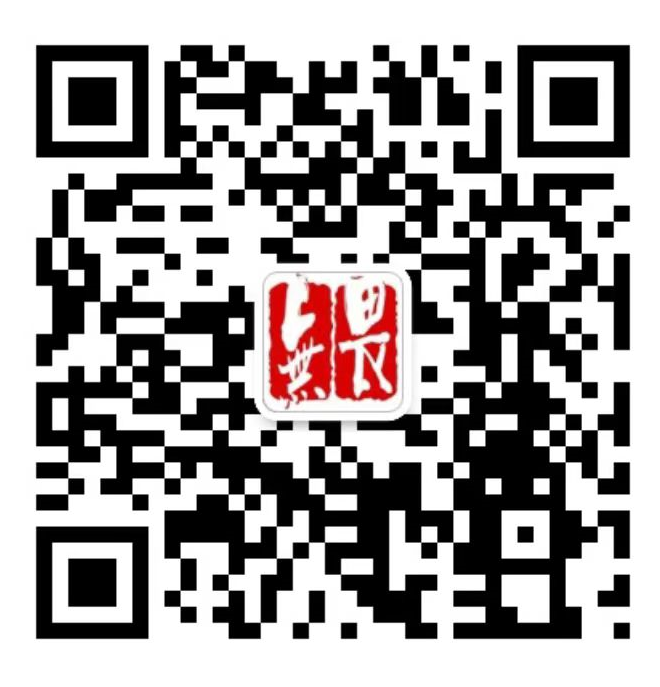春节的由来英语
The origin of the Spring Festival, also known as the Chinese New Year, dates back to ancient times and is deeply rooted in Chinese culture and traditions. The festival, which marks the beginning of a new lunar year, is celebrated with various customs and activities that symbolize good luck, prosperity, and family unity.
The earliest origins of the Spring Festival can be traced to the ancient agricultural society of China. The concept of "year" originally referred to the cycle of agricultural activities, and the festival was a time for farmers to give thanks for a bountiful harvest and pray for a good crop in the coming year.

Over time, the festival evolved to incorporate various religious and folkloric elements. Legends and myths surrounding the festival emerged, one of the most famous being the story of the "Nian," a ferocious beast that was believed to devour people and livestock during the winter months. It was said that the "Nian" was afraid of red, fire, and loud noises, so people began hanging red lanterns and paper cuttings, setting off fireworks and drums, and wearing red clothes to scare away the beast. This custom is still observed today during the Spring Festival.
As the festival developed, it also became a time for family reunions and social gatherings. People would travel long distances to return home and spend the festival with their families. This tradition of family unity and togetherness remains a central aspect of the Spring Festival today.
In conclusion, the Spring Festival is a rich and diverse cultural celebration that combines ancient traditions, religious beliefs, and family values. It is a time for joy, reflection, and hope, and a reminder of the importance of unity, harmony, and the continuation of cultural traditions in Chinese society.




